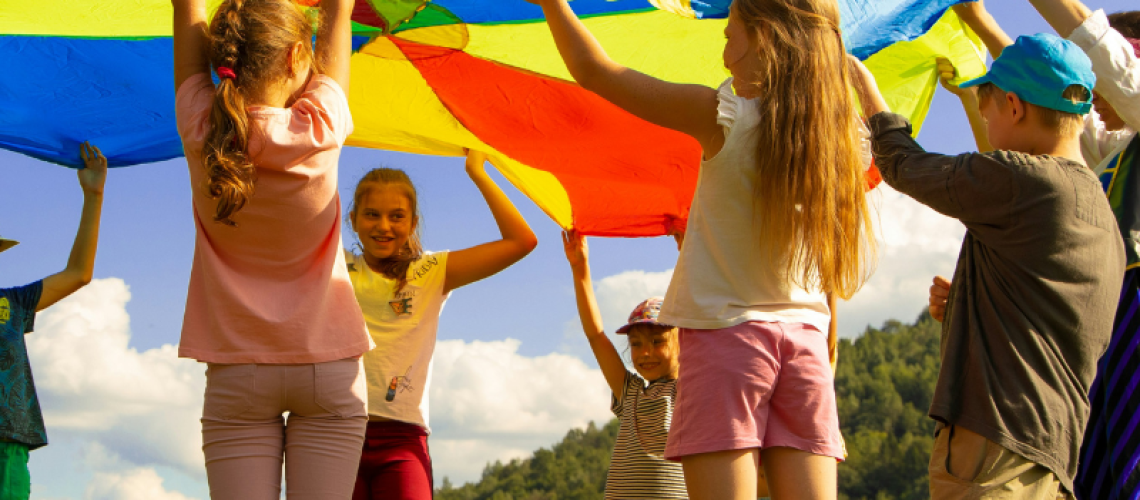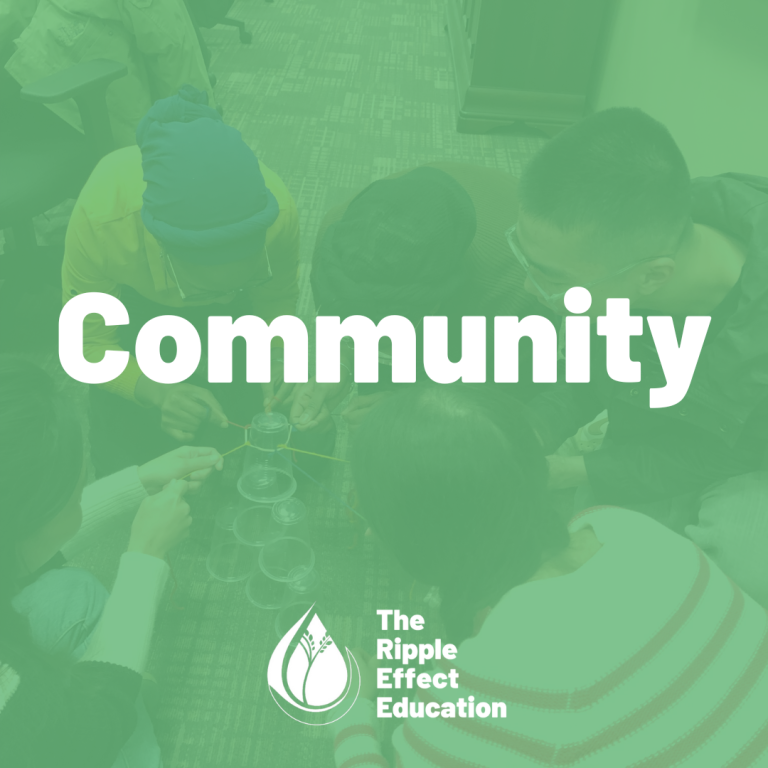This is the digital age, and kids spend more time than ever before glued to screens, like computers, phones, and tablets. Technology does have some useful educational resources, but kids who spend too much time in front of screens can hurt their physical, emotional and mental health, and overall development. Because of this, there is a movement to change the focus from screen time to “green time,” which means encouraging kids to learn more outside. Let’s talk about the advantages and importance of outdoor learning and how it can make kids’ lives better.
The Nature Deficit Disorder: Understanding the Problem
In recent years, there has been a noticeable trend towards children spending less time outdoors and more time indoors engaged with electronic devices. This shift has led to “nature deficit disorder,” (Louv Richard, 2008) a term used to describe the negative consequences of alienation from nature, including increased rates of obesity, attention disorders, and depression among children.
Recreational screen time recommendations
Less than 2 year olds: no screen time
2-4 year olds: 1-hour daily maximum—less is better
5-17 year olds: 2-hour daily maximum—less is better
(Canadian 24 Hour Movement Guidelines, n.d.)
The Benefits of Outdoor Learning
-
- Physical Health: Outdoor learning encourages children to engage in physical activity through exploration, play, and movement. Activities such as running, climbing, jumping, and hiking promote cardiovascular health, muscle development, and overall physical fitness. Regular exposure to natural light also helps vitamin D production, contributing to better overall health.
-
- Mental Well-being: A huge amount of research has shown that kids’ mental health and well-being can improve when they spend time in nature. We can fight Nature Deficit Disorder and improve mental health by learning outside. This will boost mood, confidence, and overall well-being.
-
- Cognitive Development: Getting outside gives children a great chance to learn by doing, to explore, and to learn problem solving skills. Kids can observe natural events, conduct experiments, and participate in activities that feed their curiosity and improve their ability to think critically.
-
- Social Skills: Outdoor learning environments provide opportunities for children to collaborate, communicate, and problem-solve with their peers in unstructured settings. Activities like building forts or playing group games encourage teamwork, negotiation, and conflict resolution skills. Additionally, outdoor play fosters empathy and social awareness as children learn to respect each other’s boundaries, share resources, and support one another in diverse environments.
(Dr. Padayichie Kumaree, 2022)
Promoting Outdoor Learning Experiences
-
- Curriculum Integration: Incorporating outdoor learning into the curriculum allows educators to seamlessly integrate nature-based activities across various subjects, from science and math to language arts and social studies.
-
- Outdoor Classrooms: Creating outdoor classroom spaces equipped with seating, shade, and educational materials provides a dedicated environment for outdoor learning activities.
-
- Nature Walks and Field Trips: Organizing nature walks, field trips to parks, botanical gardens, and nature reserves exposes children to diverse ecosystems and wildlife, enriching their learning experiences.
-
- Gardening and Agriculture: Engaging children in gardening projects and agricultural activities teaches valuable life skills, promotes environmental awareness, and encourages healthy eating habits.
-
- Adventure Playgrounds: Designing nature-inspired playgrounds with natural elements like logs, boulders, and water features encourages imaginative play, risk-taking, and physical activity.
(Nature Canada, n.d.)
Conclusion
In a world full of screens and technology, it’s important to make time for kids to learn outside in order to promote their overall health and development. We can reconnect kids with nature, stimulate their curiosity, and give them love by encouraging them to spend less time on screens and more time outside. Nature has the power to change things, so let’s make sure that every child has the chance to do well in the great outdoors.
Read our other related blog articles:

Desy Joseph is a passionate Social Worker dedicated to ensuring the well-being and
development of young lives. She earned Post Graduation diploma in Autism and Behavioral
Science form St. Claire College Windsor with academic distinction, Master’s Degree in Social
Work from Loyola College of Social Science, Kerala, India with third rank in the University and
Bachelor’s degree in Social Work from Little Flower Institute of Social Sciences And Health,
Kerala, India. Currently, she is pursuing Management in Community Services at Conestoga
College, Kitchener. Her professional career as a social worker focused on working as a Medical
Social Worker and Child Counsellor. She was dedicated to creating a nurturing and supportive
environment while also specializing in advocating for children facing adversity. Beyond her professional endeavors, she has a keen interest in travel, seeking to explore diverse cultures and broaden her horizons. She cherishes quality time spent with family and friends and finds joy in balancing her personal and professional life.








